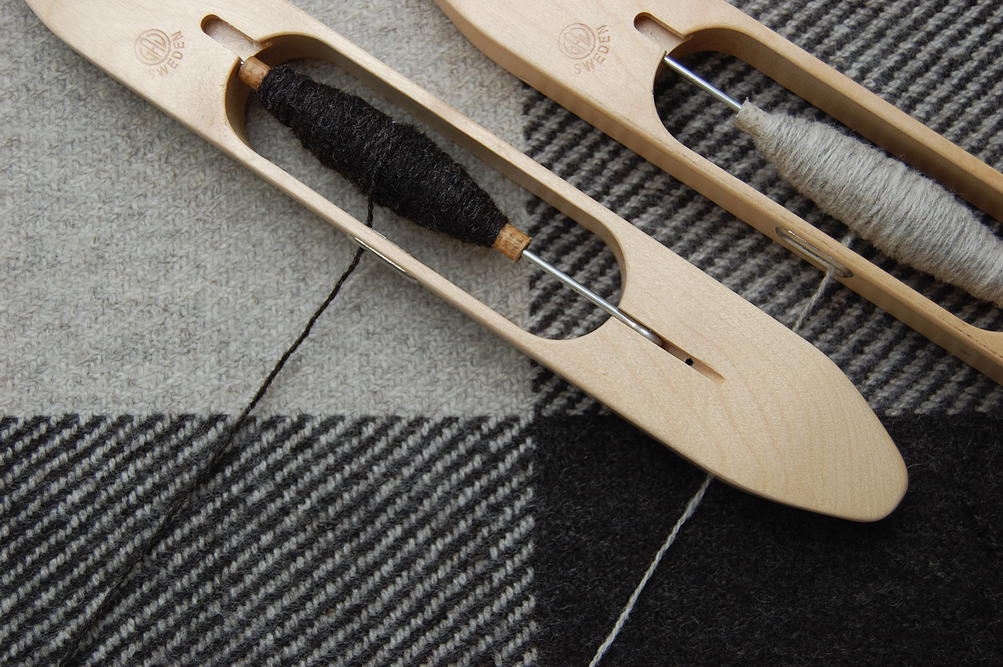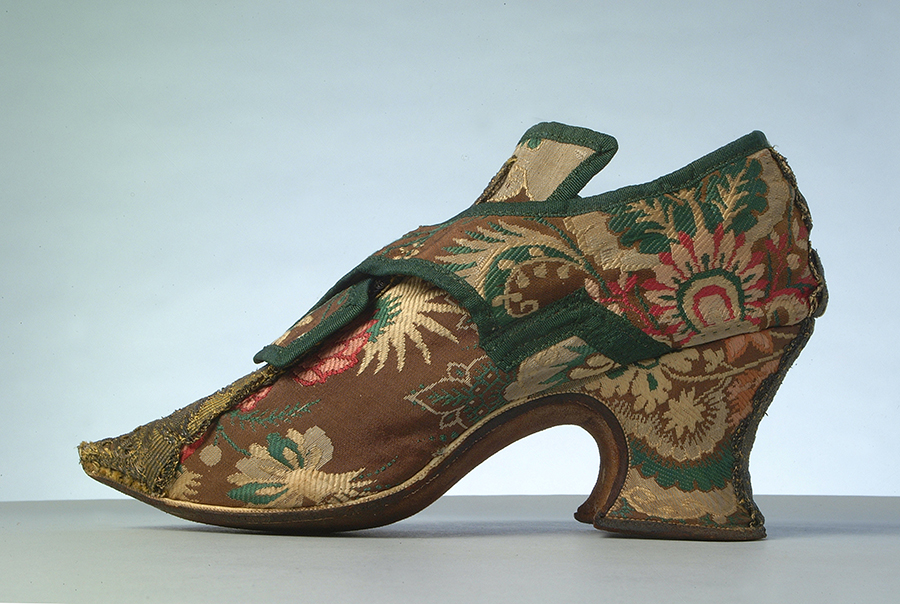 The Business of Fashion, Textiles & Technology (BFTT), SME R&D Support Programme is now open for Expressions of Interest (EOI).
The Business of Fashion, Textiles & Technology (BFTT), SME R&D Support Programme is now open for Expressions of Interest (EOI).
The fashion, textiles and technology related sector (FTT) is innovative and multidisciplinary, informing many adjacent sectors in the wider industry. Quite literally, spanning agriculture to advertising.
This funding call is looking to support small and medium-sized enterprises (SMEs) in the development of the next generation of products, services and experiences in the fashion, textiles and technology sectors – with sustainable innovation at their core.
They look forward to hearing from FTT companies, and those in the wider STEAM (Science, Technology, Engineering, Arts and Mathematics) fields interested in collaborating with the FTT sector, who would like to achieve a step-change in their business trajectory.
You can find more information about the programme, including eligibility, selection criteria, core funding themes and key dates here.
Core themes:
- Reimagining materials and production
- Inspiring sustainable consumers
- Uncovering hidden data and insight
- Designing new experiences
This year they are also open to partnerships (joint applications), from SME / SME, or SME / SME+ partnerships helping scale the proposed innovations
BFTT SME R&D Support Programme – Expression of Interest Form
BFTT SME R&D Support Programme Round 2 – FAQs
Deadline to register your Expression of Interest:Â 7 September 2020
Learn more about the 10 R&D projects funded during the initial funding call here.
Text: BFTT. Image credit: © AWAYTOMARS Ltd











